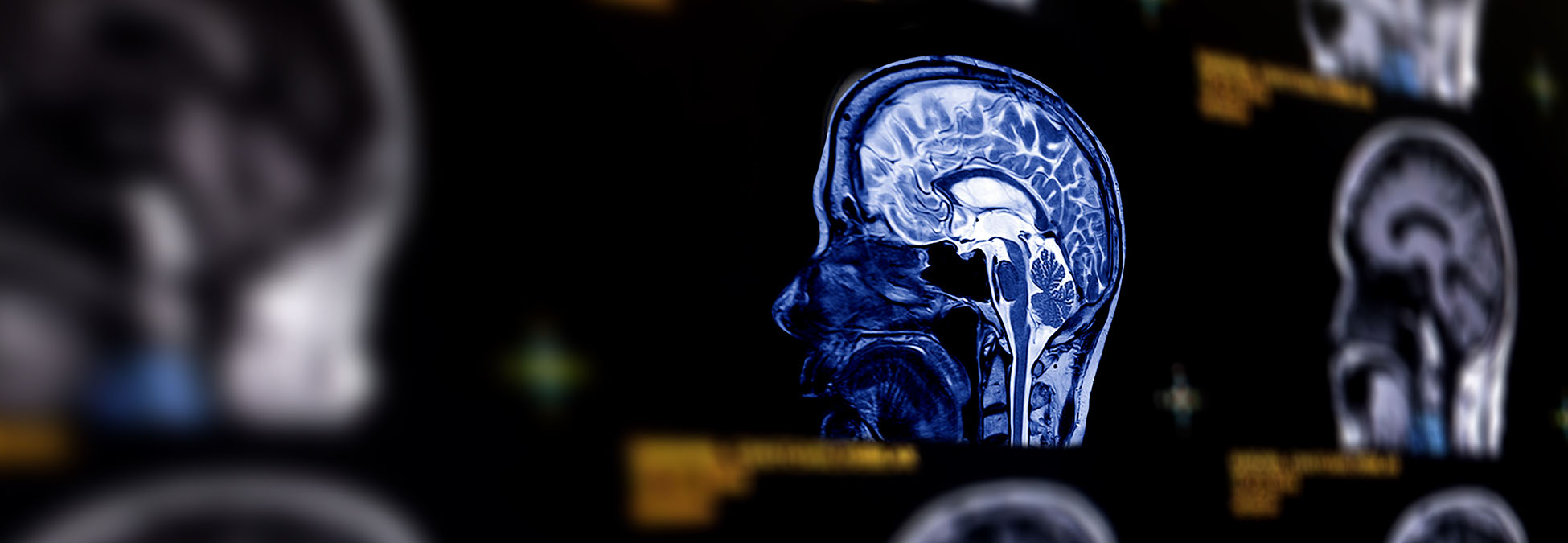
All about stroke
What is stroke?
Stroke is a disease that occurs within the arteries — also called blood vessels — that are connected to and within the brain. These arteries carry vital nutrients and oxygen to the brain. A stroke occurs when one of these arteries is either blocked by a clot or bursts, preventing the oxygen and nutrients from reaching the brain and causing the artery and brain cells to die.
Stroke is the third leading cause of death and disability in adults in Canada, and approximately 50,000 people suffer strokes in Canada each year. Approximately 25% of Canadians living with stroke are under the age of 65, and the risk of stroke increases rapidly after the age of 55.
How many different types of stroke are there?
There are two main types of stroke: ischemic and intracerebral hemorrhage (ICH).
About 75–80% of strokes are ischemic strokes, which occur when a vessel supplying blood to the brain is blocked by a clot. In this case, the clot may be made up of blood or other particles, including fatty deposits called plaque, which cause blockages by building up in the blood vessels.
ICH, on the other hand, happen when a blood vessel bursts inside the brain. While these kinds of strokes are less common, they are the deadliest and the most difficult to treat. ICH results in death in 40% of cases, and 80% of patients who survive are left permanently disabled.
A transient ischemic attack (TIA), meanwhile — also referred to as a “mini-stroke” or a “warning stroke” — is caused by a temporary clot. The symptoms usually last fewer than five minutes, but a TIA is still a medical emergency and should be taken seriously. While it won’t cause permanent damage on its own, it is often a warning sign that a full stroke may follow.
What are the symptoms of stroke?
Stroke is an emergency medical situation that requires quick intervention, so it’s important to recognize the signs and symptoms.
Some of the symptoms to look out for include: sudden weakness, numbness, or paralysis, especially on one side of the body; difficulty speaking or understanding when others are speaking; sudden loss of vision; or sudden trouble walking.
How can you check if someone is having a stroke?
If you suspect someone is having a stroke, experts recommend using the F.A.S.T. method.
- Face: Ask them to smile. Look for if one side droops.
- Arms: Ask them to raise their arms. Look for if one arm doesn’t lift as high or at all.
- Speech: Ask them to speak. Look for if their words are slurred or seem unusual.
- Time: If any of these signs appear, call 911 right away, and note when the first sign appeared.
What are the risk factors for stroke?
There are several factors that may put someone at an increased risk of stroke, including:
- a family history
- high blood pressure
- high cholesterol
- drug abuse
- a high weight
- inactivity
- excessive alcohol consumption
- smoking
- sleep apnea
- diabetes
The Ottawa Hospital’s innovative work on stroke
The Ottawa Hospital specializes in stroke prevention, care, and recovery, and we have been internationally recognized for our groundbreaking work on this disease.
There are a number of treatment options for stroke, depending on whether it’s ischemic or ICH. For ischemic stroke, the most common treatment is medication that breaks up blood clots, but The Ottawa Hospital has been working to perfect an experimental surgical technique called endovascular thrombectomy. While it is still being tested and improved, a patient can go from being paralyzed and unable to speak to talking and walking within 20 minutes of the procedure. ICH treatments haven’t had nearly the same level of discovery and advancement in recent years, but our team is also trialing a ground-breaking new approach that relies on medication to promote clotting at the site of a bleed. Both treatments are showing promising results.
“We are now able to pull the clot out completely on the first try in the vast majority of patients. If the results continue this way, it’s a major game changer. It’s going to be a huge revolution in this field.”
– Dr. Robert Fahed




